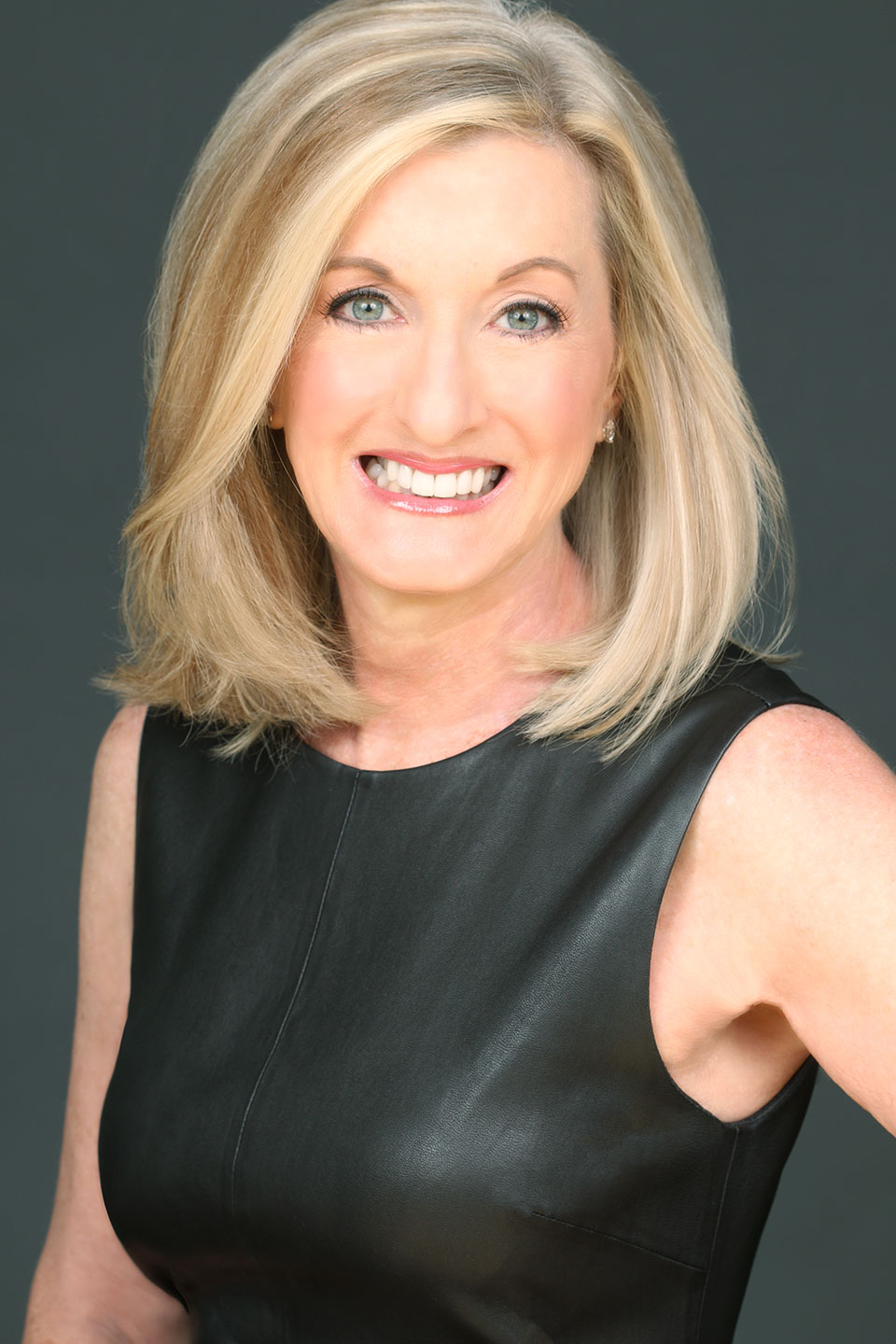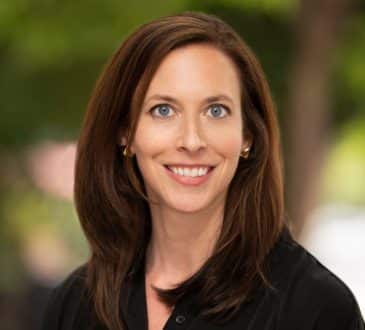Let’s Change the Narrative on Retirement

Corporate America is at an inflection point as we watch the greatest reshuffling of workforce assumptions since World War II. The women who were part of the wartime economy refused to go back to their pre-war roles after V-Day. Just as women helped accelerate the economic boom of the 1950s, so can the full utilization of Baby Boomers in all aspects of life positively affect the future of work and prosperity today. It is time to turnaround the narrative on what it means to retire and highlight our potential for even greater personal productivity through active engagement of all citizens of every age.
Triggered by the COVID-19 pandemic, the Great Resignation impacted workers aged 50+ and led to the most significant annual employment fall for this demographic since the 1980s. The economic climate combined with geopolitical anxiety weighs heavy as many Baby Boomers question retirement decisions made during the pandemic.
Some chose to accelerate their retirement, while others followed time honored plans to step into retirement as soon as they were eligible. Given longevity expectations, this could present new challenges when 40-year careers are insufficient to support 40-year retirements. Therefore, purposeful non-retirement presents workers at this transition point with an opportunity to reconsider. By re-aligning what matters to them most with their productivity, people can explore new options; EARNING: extended or new career pivots, start-ups, or social enterprises; GIVING: volunteering, civic participation, mentoring, and creative expression as well as LEARNING: upskilling and all areas of personal development for many, a life of rest and relaxation is neither accessible nor ultimately fulfilling.
As companies face ongoing competition to retain committed people, it is critical that they not limit options by discounting their older workers and mature talent, but instead value the full potential and flexibility of the entirety of the workforce. A recent WSJ editorial Retirees’ Re-Entering the Labor Market Isn’t ‘Good for the Economy cited that there was much more to wealth than work. From a macro-economic perspective, leisure time is an economic benefit that has been anticipated by many heading into their 60s, and new futures are much discussed at dinner tables with peers. However, the world is less predictable, and the futures we may have planned are murkier. Whether it is increased foreign travel concerns, concern for the security of children, or shrinking financial flexibility, we need to respect alike those who must delay retirement, as well as those who never want to fully retire. There will be some who choose to move into conventional retirement and systematically disengage from society. Because people can now expect to live for several decades in good health during the “retirement” stage, the British Psychologic Society noted detachment may result in negative impacts to mental and physical health with longer term consequences for society, health and social care as well as the economy.
It is time to provide new, different, better work-life transition options. Let’s make the change we want versus the change that simply happens. Here’s how we envision maximizing experience and creating connectivity that transforms the future of work for our ageing society:
- Build and expand programs that focus attention on converting social and economic value into purposeful goals.
- Realize the benefits of multigenerational workforces by creating peer mentoring networks, pairing best of class performers around project goals and systematically tapping into past experiences which are relevant in today’s economy.
- Expand economic participation through the gig economy by creating economic incentives with greater flexibility.
- Take advantage of our new borderless world which makes remote working more practical.
- Create financing and support systems to incentivize the burgeoning over 50 entrepreneurs.
Baby Boomers want to forge future legacies grounded in a life that breeds fulfillment and creates a sustainable future for the things that are important to us—our community, field of study, family, and areas of passion. They also want to stay relevant to the world and their families. Studies show that the desire for “purpose beyond the self” grows in the 50+ population. Extensive research now shows us that a positive mindset as people age gives 7.5 years of additional life – this is more impactful on their healthy longevity than if that same Boomer stopped smoking or started exercising. The key is having the opportunity to map a course to control where we want to go within the lifestyle and financial framework that fits your own life course opportunities and choices, while society continues to benefit from everyone’s purposeful engagement across the life course.
Written by Lisa Gable and Deborah Gale. Deborah Gale is Director and Co-founder of The Purpose Xchange. Following an MBA-enabled international finance career in Silicon Valley, Gale retrained with a masters in Ageing and Public Policy and entered the social enterprise world 7 years ago with The Age of No Retirement, followed by Encore Fellows UK in 2019. She is committed to helping people recognize and utilize their value, across the life course, because we all benefit when our world is being consciously designed inclusively, for all ages.
Have you read?
6 steps to help your team better receive feedback by Bernard Desmidt.
Living and Working the CEO Life by Robert (Bob) Ryan.
Million Dollar Identity: Barry Gabster is Wall Street Journal Best Selling.
Build a Better Company (and a Better You) by Implementing a Mentorship Program by Kristen Sieffer.
Add CEOWORLD magazine to your Google News feed.
Follow CEOWORLD magazine headlines on: Google News, LinkedIn, Twitter, and Facebook.
Copyright 2024 The CEOWORLD magazine. All rights reserved. This material (and any extract from it) must not be copied, redistributed or placed on any website, without CEOWORLD magazine' prior written consent. For media queries, please contact: info@ceoworld.biz








